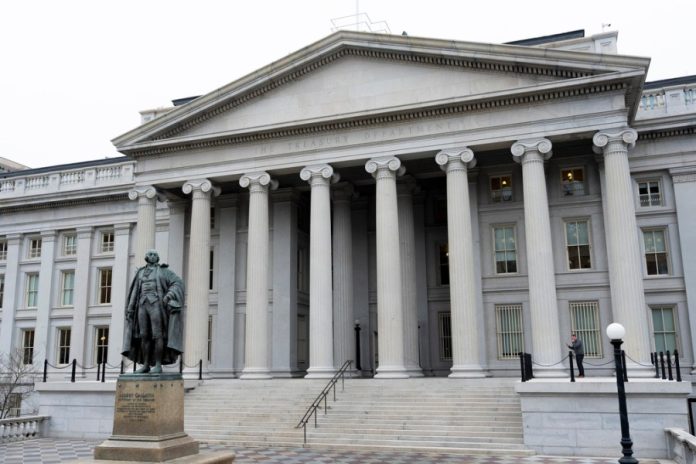
For two decades, I have worked with policymakers and law enforcement in North America and Europe to strengthen the financial safeguards that keep state sponsors of terrorism, violent extremist groups, weapons proliferators and criminal networks from exploiting the U.S. banking system. I have supported tough sanctions. I have pushed to close loopholes that hindered enforcement. And I have worked to hold those who enable illicit finance and trade, wittingly or not, to account.
From the beginning, banks have been essential partners in these efforts. Through “Know Your Customer” procedures and the anti-money laundering laws that followed the Bank Secrecy Act of 1970, financial institutions have supplied the data and intelligence that help law enforcement uncover illegal activities such as human-trafficking rings, fentanyl supply chains and terror-financing networks.
These frameworks played a critical role in safeguarding the country. Unfortunately, some of the tools intended to identity and stop criminal activity are now targeting and unjustly driving lawful customers lawful customers out of the financial system — a phenomenon widely known as “debanking.”
Most Americans are unaware that any cash transaction over $10,000 triggers the creation of a Currency Transaction Report that is filed with the federal government. That dollar amount threshold was set when Lyndon Johnson was in the White House and, incredibly, has never been updated to account for inflation. In today’s economy, $10,000 might barely cover the cost of a used car. Yet banks are still required to flag such transactions, regardless of context, producing millions of reports every year that offer little value to law enforcement.
Suspicious Activity Reports are yet another layer of government scrutiny. Banks filed more than 4 million Suspicious Activity Reports just last year, according to the Treasury Department. Former officials concede this avalanche of paperwork does little to improve public safety. In fact, it can create a burden for investigators seeking to identify and separate the truly suspicious activity from the mundane. When enforcement cannot separate the signal from the noise, it becomes dangerous.
Meanwhile, regulators continue to pressure banks to apply broad risk labels to entire industries simply because they involve cash-heavy businesses, serve overseas clients or operate in unfavored sectors — all in the name of keeping our financial system “safe and sound.” This isn’t theoretical. Religious charities, international aid organizations and countless immigrant-owned businesses have all faced the threat of debanking. They are not terrorists or criminals. They are fellow Americans being pushed to the financial margins by a system that confuses bureaucracy with vigilance.
Congress is beginning to address the problem through the Financial Institution Regulatory Modernization Act. This legislation would increase transparency and accountability in how agencies issue guidance and conduct examinations of financial institutions and their customers. It would help ensure that banks are not penalized for serving lawful customers in politically sensitive sectors. It’s an encouraging start, but it will not be enough by itself.
The single most effective step policymakers could take today to address the unintended debanking of lawful citizens is to modernize the anti-money laundering framework. Modernization should ensure banks provide relevant and actionable information that truly helps investigators and allows financial institutions to replace box-ticking alerts and reporting with data analysis that spots real patterns of abuse. Banks would still verify identities, monitor accounts and file reports the moment they see suspicious activity.
These reforms would sharpen these responsibilities and make our country and the banking industry safer. Further, clear standards would let financial institutions maintain relationships with lawful customers while giving authorities faster access to data when real dangers emerge.
The U.S. led the world in building a financial system hostile to terrorist financing and illicit finance. That leadership depends on a financial system that is both secure, credible and widely accessible. When honest actors are pushed out incorrectly, arbitrarily, and without transparency, and financial access is treated as a privilege rather than a right, the foundation of that leadership begins to erode.
Policymakers do not need to choose between security and fairness. A modernized anti-money laundering regime would strengthen both. It would allow regulators and institutions to focus attention on those posing a real risk and reduce the burden on both law-abiding financial institutions and their customers
I have spent much of my life trying to make America safer by making our financial system harder to exploit. That mission still matters. But the tools we built decades ago are not suited to today’s challenges. Without reform, the anti-money laundering regime will continue to fail in its most basic duty: distinguishing between friend and foe.
Congress and the administration should act now. The stakes are too high to allow inertia to carry the day.
David Ibsen is a founder and former executive director of the Counter Extremism Project and an expert in the impacts of sanctions and financial regulations.

